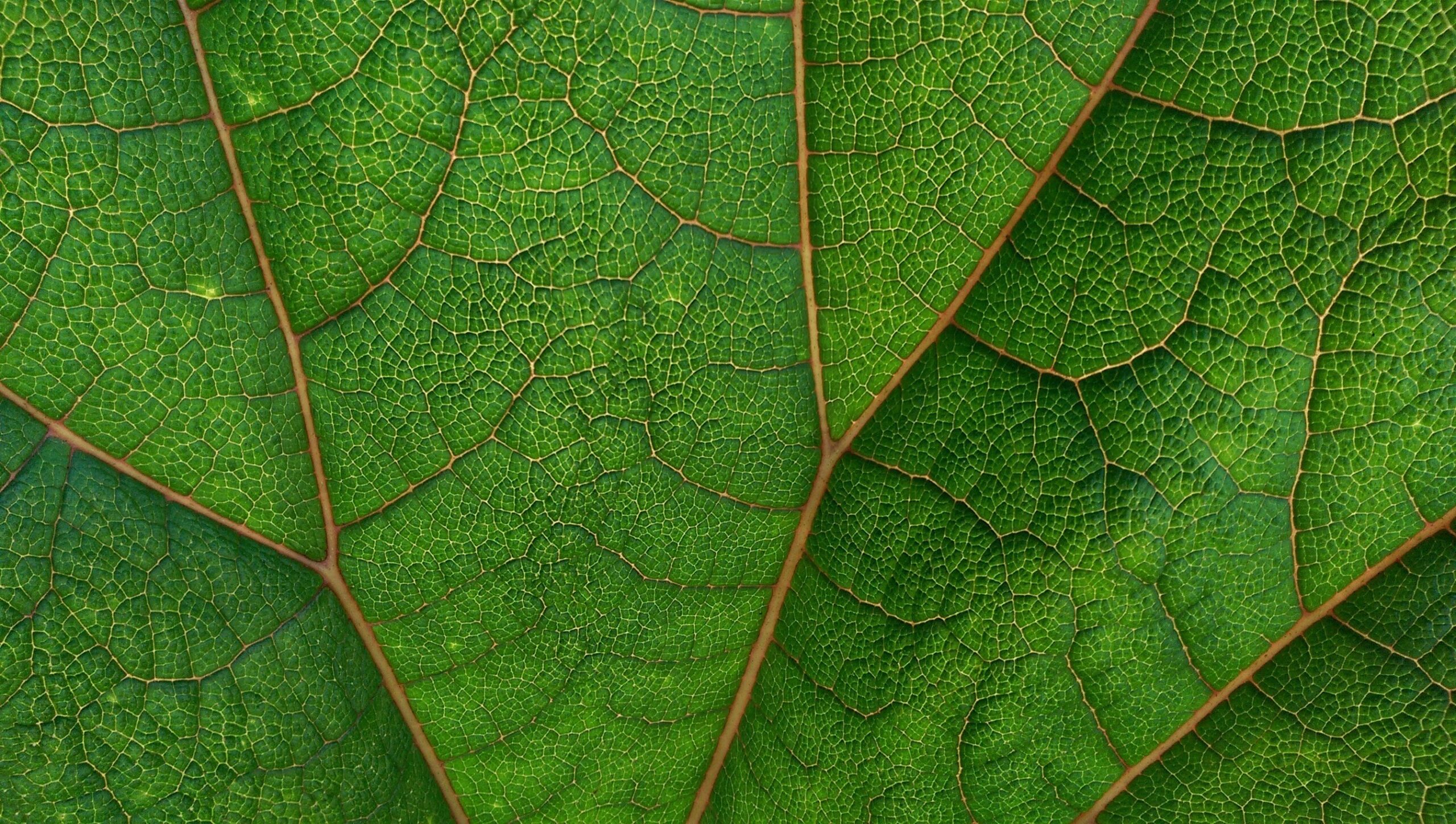
Biophilica Pilot
This pilot aimed to test, refine, and scale Treekind®, an alternative to animal and synthetic leathers made from green waste. The project focused on assessing the material’s performance, scalability, and manufacturing capabilities.
Problem Statement
Leather production can have varying environmental impacts depending on the practices and standards employed. While some traditional leather is produced using responsible methods, there are also growing concerns about its environmental footprint. While there are multiple “vegan” leather alternatives available on the market, many of them contain synthetic materials, have worse performance metrics than conventional leather, or are not available at scale.¹ These partly plastic materials cannot be recycled and fewer still are compostable
There are lots of opportunities for innovation in leather alternatives: Biophilica offers Treekind®, a compostable, sustainable leather alternative made from green waste, which can be recycled and avoids petroleum-based polymers.
¹Pulse of the Fashion Industry Report, 2017 by Global Fashion Agenda & The Boston Consulting Group.
Executive Summary
The Biophilica Pilot was launched by Fashion for Good in collaboration with Bestseller, PVH Corp., adidas, and Inditex. The pilot explored the potential of Treekind®, a sustainable, compostable leather alternative. It successfully moved from manual production to a semi-continuous demo line.
The project delivered promising results, including prototype products like lifestyle footwear and handbags, and positive performance testing. The goal was to validate Treekind® as a viable, eco-friendly leather alternative, focusing on manufacturability, consistency, and scaling production for commercial applications.
Alongside testing the technical performance of the material, the project aimed at validating the environmental impact and end-of-use pathways. Biophilica was able to achieve USDA certification on their material and also conducted a 3rd party LCA assessment using two different backing materials, Tencel and cotton. Alongside this they tested their material for home composting, meeting the requirements of the ISO 14855-1 standard.
Goals of the Project
-
Test, refine, and scale the production of Treekind® leather material.
-
Create prototypes for product and prototype applications.
-
Validate the environmental impact of the material.
-
Evaluate material performance, consistency, and manufacturability.
Timeline
-
May-December 2022
Material Testing & Refinement
-
January- August 2023
Material Production, Product Prototyping, & Testing
-
September 2023 - February 2025
Pre-commercial pilot
Key Findings
-
Production was successfully upscaled from manual production to semi-continuous demo line.
-
Developed various prototypes including a lifestyle shoe, bags and accessories.
-
Material performance testing showed satisfying results in Martindale abrasion, resistance to cold crack and tensile strength.
-
The material was tested for home composting and met the requirements of the ISO 14855-1 standard.
-
The Treekind® material is PETA 100% vegan certified.
-
Biophilica was able to achieve USDA certification on their material and also conducted a third-party LCA assessment using two different backing materials, tencel and cotton.
Innovation Partners
Innovator
NEXT STEPS
- Co-development remains at the heart of Biophilica’s mission, as they continue collaborating with industry partners to refine and expand the applications of Treekind®.
- With a strong focus on scaling production, Biophilica is actively fundraising to accelerate manufacturing and enhance material performance across diverse sectors, including upholstery, homeware, accessories, footwear, and cosmetic packaging.
- Looking ahead, Biophilica is committed to bringing Treekind® to market-ready products, working closely with partners to integrate this material into everyday consumer goods
Relevant Resources

BESTSELLER Collaborates With Biophilica In Fashion for Good Pilot To Test The Compostable Leather Alternative Treekind®

5 FAQS About ‘Leather’ Alternatives

From Fallen Leaves to ‘Leather’ Alternatives | Biophilica

How Can We Make ‘Leather’ Alternatives With Green Waste?
Other Projects

The Next Stride: Bio-based Materials for Footwear Soles
“The Next Stride: Bio-based Materials for Footwear Soles” aims to validate the performance and environmental impact of bio-based polymers as sustainable alternatives to the fossil fuel-derived materials currently used in footwear soles. The objective is to collectively de-risk the transition to these “next-generation” materials by rigorously testing their technical properties and assessing environmental benefits. Ultimately, the purpose is to accelerate the adoption of these bio-based solutions and pave the way for a more sustainable footwear industry.

Beyond50 Denim: Combining Cottonised Hemp And Green Chemistry
“Beyond50 Denim: Combining Cottonised Hemp And Green Chemistry” aims to validate the performance and environmental impact of cottonised hemp processed with green chemistry to act as a true alternative to cotton in denim applications. The project goal is to evaluate the performance of SEFF’s cottonised hemp fibre in combination with Fibre52’s bio-friendly chemistry solution within denim fabric applications with a total hemp content of 50% and above. The fabrics will be benchmarked against conventional 100% cotton denim with a specific focus on handfeel and aesthetic characteristics.

Price Parity Toolkit
The Price Parity Toolkit (PPT) was designed to help bridge the price gap between next-gen* and conventional materials. Developed by Fashion for Good with the support of Canopy, this industry-supported framework introduces a financing mechanism that decouples price premiums at early stages of the supply chain to enable adoption and drive the scale of lower-impact materials.





